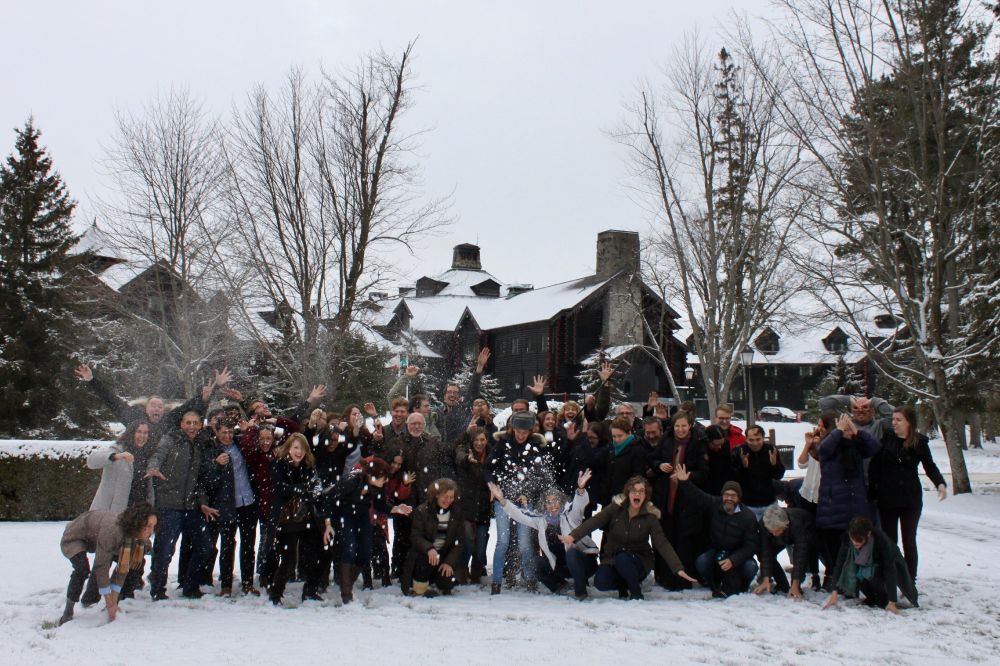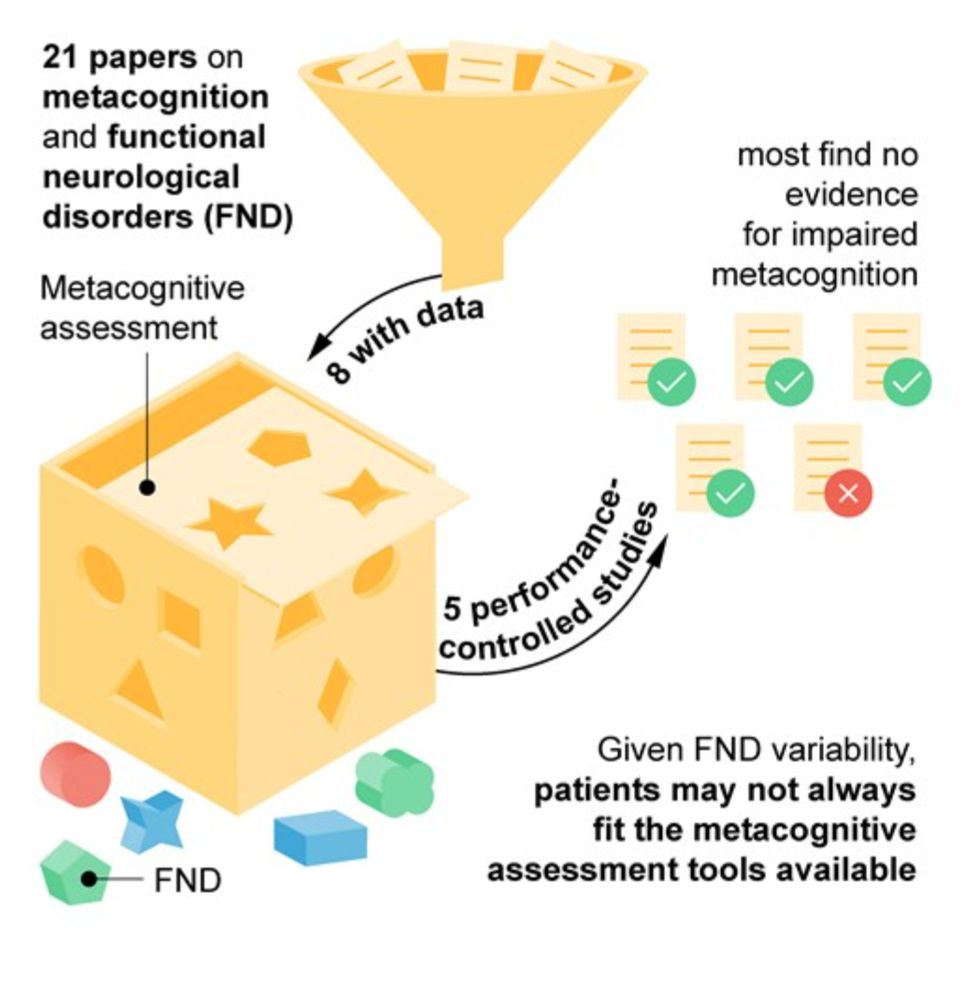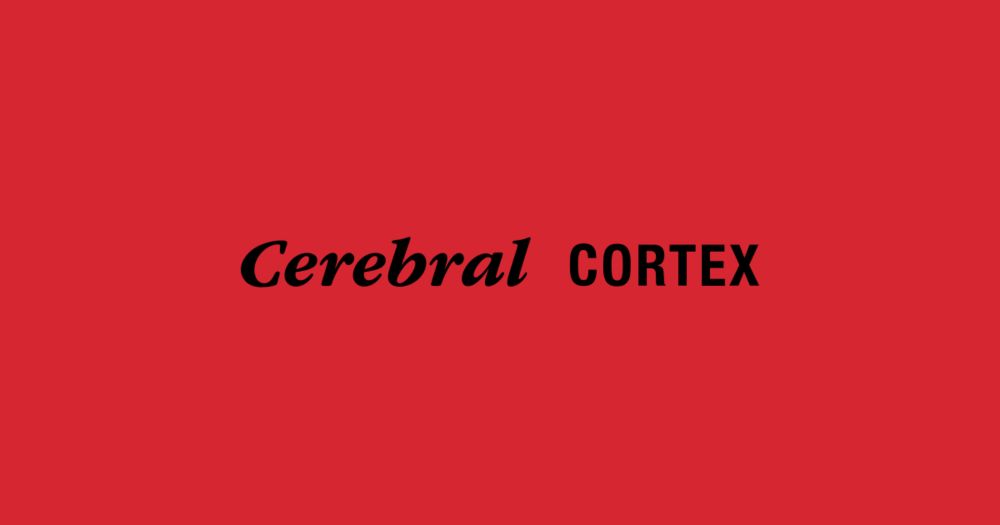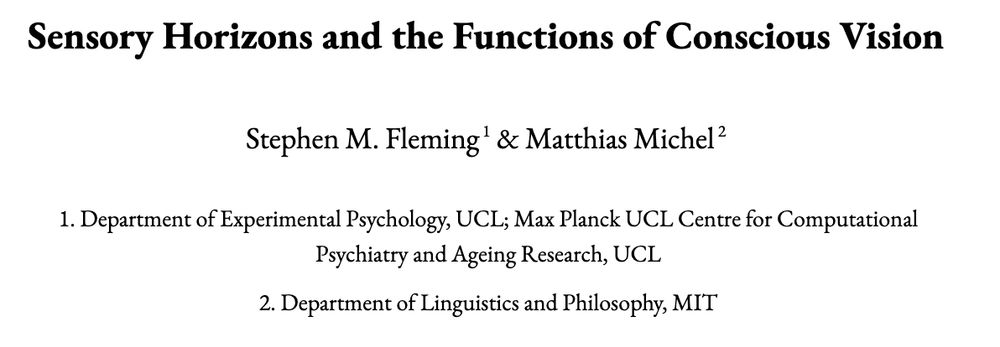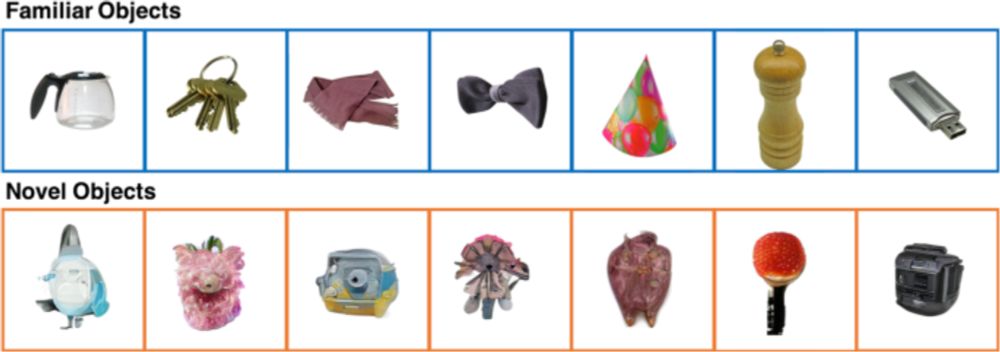Julian Matthews
@quining.bsky.social
500 followers
390 following
43 posts
JSPS research fellow at RIKEN
cognitive science, philosophy of mind, metacognition, consciousness.
(he/him) 🇦🇺➡️🇯🇵
Posts
Media
Videos
Starter Packs
Pinned
Reposted by Julian Matthews
Julian Matthews
@quining.bsky.social
· Apr 30

Help Anna Raise Funds To Beat Dementia!
On Saturday, 24 May, I'm taking part in Redcliffe's Memory Walk & Jog to raise funds to support Australians impacted by dementia. This is a cause close to my heart and I would love your support. Pleas...
www.memorywalk.com.au
Julian Matthews
@quining.bsky.social
· Jan 17
Reposted by Julian Matthews
Maks Sipowicz
@callmesipo.bsky.social
· Dec 3
Julian Matthews
@quining.bsky.social
· Nov 25
Reposted by Julian Matthews
Reposted by Julian Matthews
Reposted by Julian Matthews
megan peters 🧠
@meganakpeters.bsky.social
· Nov 22

Optimal metacognitive decision strategies in signal detection theory - Psychonomic Bulletin & Review
Signal detection theory (SDT) has long provided the field of psychology with a simple but powerful model of how observers make decisions under uncertainty. SDT can distinguish sensitivity from respons...
link.springer.com
Reposted by Julian Matthews
Reposted by Julian Matthews
acnsau.bsky.social
@acnsau.bsky.social
· Nov 18
Julian Matthews
@quining.bsky.social
· Nov 19
Reposted by Julian Matthews
Reposted by Julian Matthews
Reposted by Julian Matthews
Steve Fleming
@smfleming.bsky.social
· Nov 13
Reposted by Julian Matthews
Francesco Poli
@francescopoli.bsky.social
· Nov 13

Autistic traits foster effective curiosity-driven exploration
Author summary Research has long recognized that individuals display curiosity and explore their environments in order to learn. It is suggested that personal characteristics, including autistic trait...
journals.plos.org
Reposted by Julian Matthews
Julian Matthews
@quining.bsky.social
· Nov 13









